Australian CEOs say the worst of interest rates and inflation is behind us, but headwinds loom
Australia’s chief executives are optimistic that the worst of economic challenges stemming from aggressive interest rate hikes are behind us but say the path forward remains volatile.
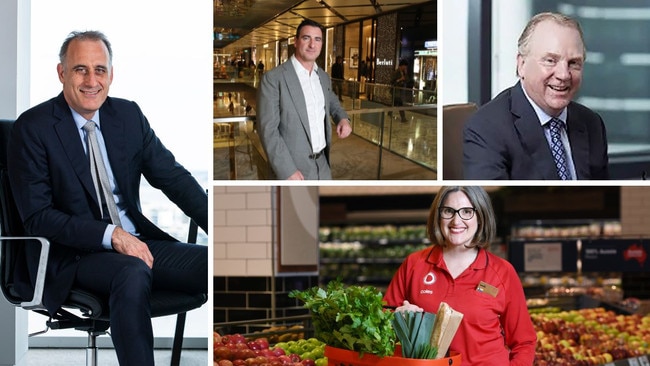
Australia’s chief executives are optimistic that the worst of economic challenges stemming from aggressive interest rate hikes are behind the nation but say the path forward remains volatile.
Companies across key sectors from manufacturing to retail and financials have told The Australian that the Reserve Bank and government need to maintain the course over the next 12 months to ensure that inflation is tamed and to avoid a hard landing for the economy.
It comes as many companies have told shareholders in the their earnings results that there are signs of a slowdown in the economy, with consumers pulling back on spending in the wake of the RBA’s monetary tightening cycle.
The view from the top comes ahead of Wednesday’s monthly inflation numbers from the Australian Bureau of Statistics, which is expected to show that CPI was at 5.1 per cent for the 12 months to July, down from 5.4 per cent in June. A furthering cooling in inflation combined with a surprise rise in the unemployment rate to 3.7 per cent would allow the RBA to leave rates on hold for a third successive month at 4.1 per cent, in what will be Philip Lowe’s last meeting as governor of the central bank.
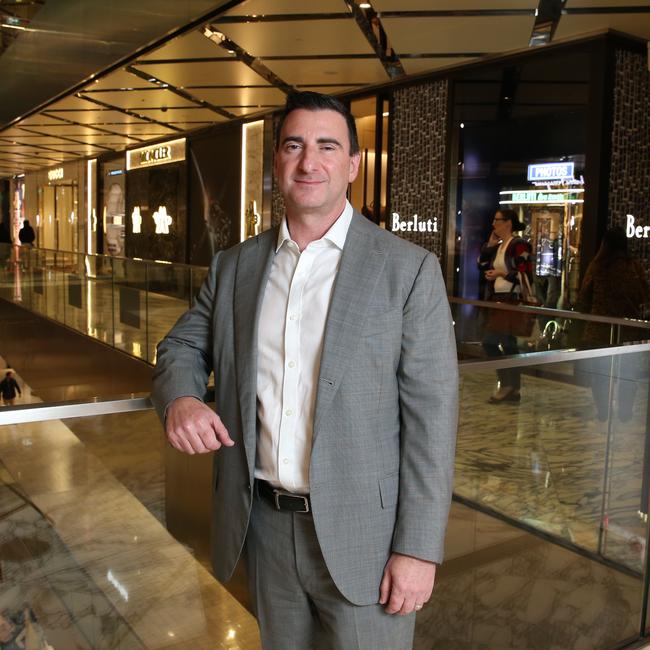
Financial markets expect that there is likely at least one more interest rate hike before the Reserve Bank ends its most aggressive monetary tightening cycle on record, with 400 basis points of rate rises delivered since May 2022.
Scentre chief executive Elliott Rusanow is concerned about the prospect of interest rates going “too high and resulting in a hard landing” for the economy.
“The narrow path that the Reserve Bank is trying to achieve feels like it’s actually being achieved,” he said.
“Our hope and expectations would be that their settings would allow this narrow path to actually occur.
“The risks would be if that narrow path is hampered in any way by being too restrictive.
“We think that the interest cycle is either at or very close to being at the end of this tightening range and we can navigate through this narrow path.”
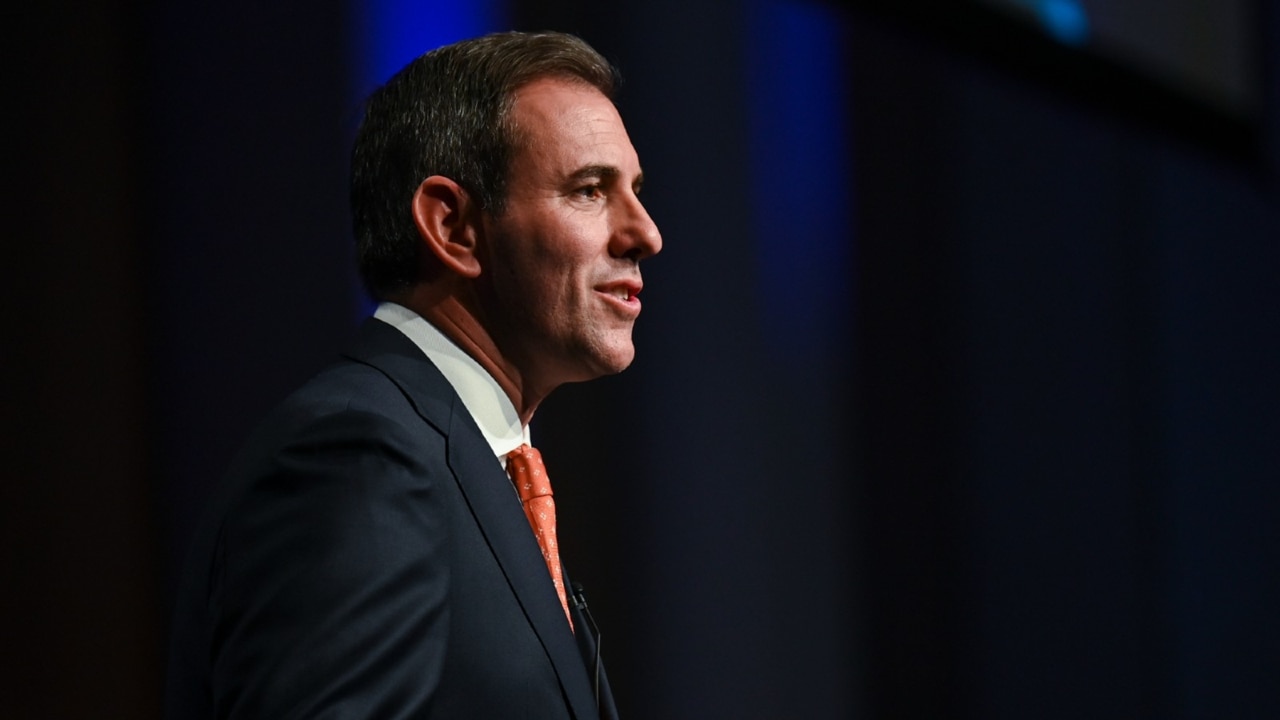
Worley chief executive Chris Ashton said the worst of the inflation spike was over, but added that it was important steps continued to be taken to ensure it remained under control.
“I think we’ve peaked. From an inflationary point of view, the impact of the interest rate rises from some of the central banks has had the desired effect and we’re starting to see indicators of inflation slowing down,” he said.
“It’s going to be important for Australia to get its inflation under control – as it’s doing now with some of the actions the Treasurer has taken, or the ones taken by the federal bank.”
Mr Ashton said Worley was not seeing any indication of strong negative impacts associated with the economic factors.

While interest rates are not expected to be cut until the end of next year and inflation is not expected to return to the RBA’s target band of 2-3 per cent until the year after, Wesfarmers said there could be ongoing issues with demand in parts of the economy.
The conglomerate, which runs Bunnings, Kmart and Officeworks, has seen customers become more value-conscious and trade down to lower-priced retailers and products.
“Low unemployment and the recent acceleration in population growth both support demand and contribute to the ongoing need for construction of additional housing stock,” Wesfarmers said in its results release after it booked a $2.465bn profit for fiscal year 2023 on Friday.
The Reserve Bank expects growth to slow considerably, with the rise in GDP to fall from 1.6 per cent to 0.9 per cent by December.

Insignia Financial chief executive Renato Mota said the company was planning to take a conservative approach in the next year because of expected volatility in the economy.
“There does seem to be a shift in interest rates and inflation environment, but it will be very important how it will unfold in 12 months’ time,” he said.
“From Insignia’s point of view, we want to make sure the business is set up to weather any headwinds that come and we’ll be taking a conservative approach to ensure we can unlock any opportunities that arise.” Last Thursday’s release of the sixth Intergenerational Report (IGR), which projected annual productivity growth of 1.2 per cent compared to 1.5 per cent in the previous two reports in 2021 and 2015, was also on the minds of many chief executives.
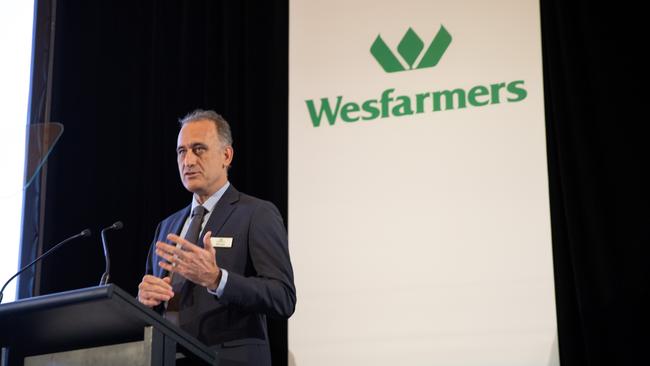
Mr Lowe has highlighted that increased productivity is a critical factor in ensuring Australia navigates through the uncertain outlook and returns inflation to target.
Coles chief executive Leah Weckert said the conversation about productivity was important and that corporate, industry groups and government needed to be aligned.
“It’s something that we’re very focused on as a business: that we are seeking to improve productivity in our business,” she said.
“We’re also focused on what I describe as more old-fashioned productivity in training for our team, to help all our team members be more efficient and effective at their jobs to drive productivity outcomes.”
Wesfarmers chief executive Rob Scott said the IGR highlighted some of the risks and opportunities in the economy.
“I think the highlight is that the market environment is changing dramatically. And it’s important that businesses have the ability to keep adjusting to the changes in the market. In order for that to happen, we need regulation that is not holding back the change in investment that businesses need to make,” he said.
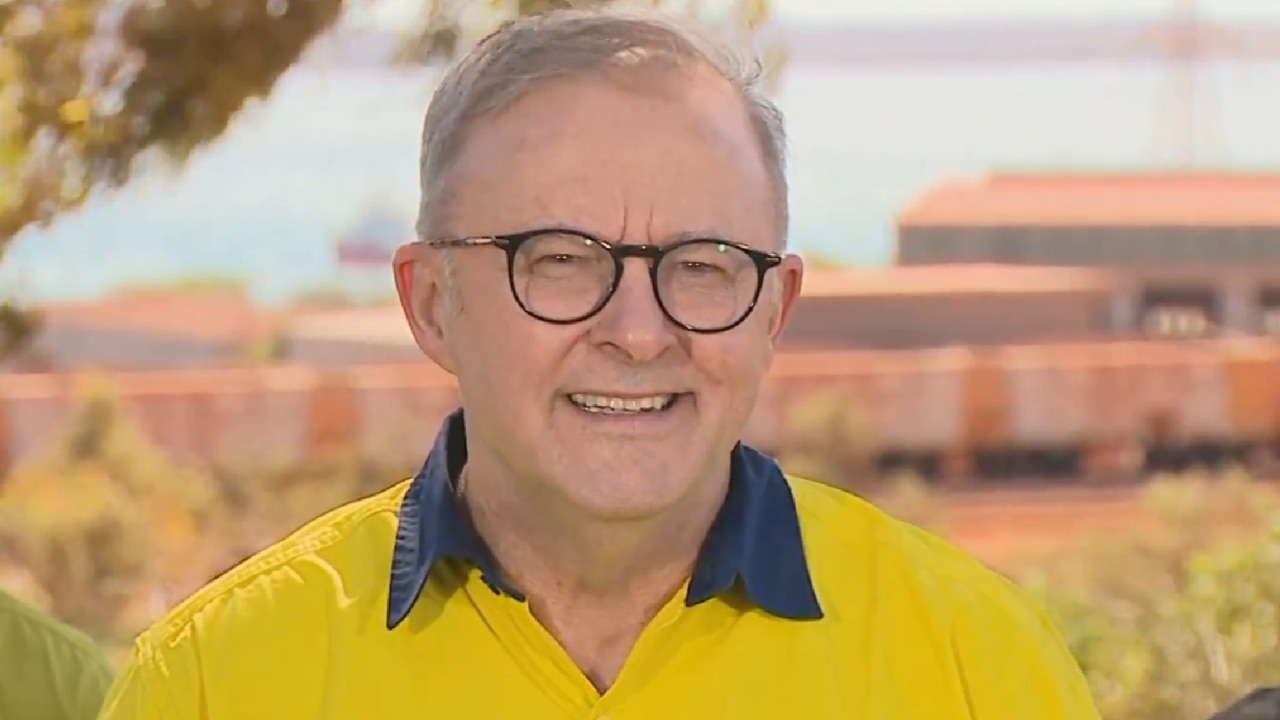
Mr Scott added that workplace reforms being undertaken by the Albanese government risked a reduction in flexibility, which could put Australia back to the 1980s.
HUB24 chief executive Andrew Alcock said the tripling in the number of people aged over 85 predicted in the intergenerational report meant more Australians would need financial advice to ensure they could fund their retirement.
“As a nation we need to think very carefully about how we provide solutions and support people in retirement, so they don’t run out of money,” he said.
He added that Australia needed a conversation about how to make retirement savings last longer against the backdrop of a rise in life expectancy over the coming decades.
Additional reporting: Eli Greenblat, Chris Herde, Paulina Duran, Nick Evans






To join the conversation, please log in. Don't have an account? Register
Join the conversation, you are commenting as Logout